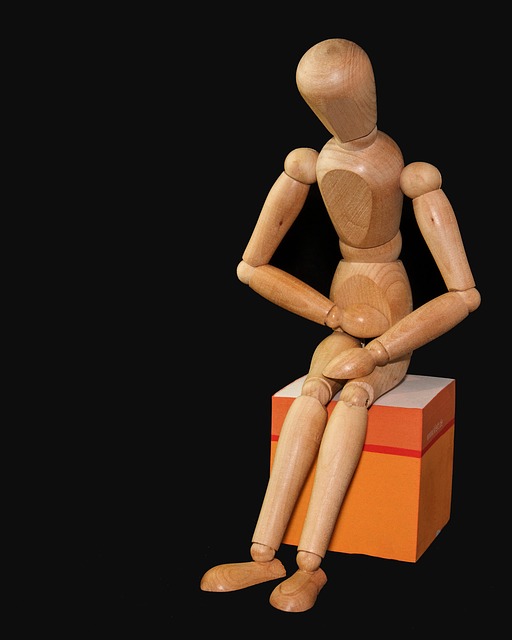 Irritable Bowel Syndrome, otherwise known as “spastic colon,” is a common disorder that affects the colon and causes many disruptive symptoms. Many of these symptoms can be managed with a simple change in diet and lifestyle. Chinese herbal medicine and acupuncture may be able to help.
Irritable Bowel Syndrome, otherwise known as “spastic colon,” is a common disorder that affects the colon and causes many disruptive symptoms. Many of these symptoms can be managed with a simple change in diet and lifestyle. Chinese herbal medicine and acupuncture may be able to help.
IBS symptoms may include gas, bloating, alternating constipation and diarrhea, pain, mucus, an uncomfortably full feeling and abdominal cramping. Most of these symptoms develop over time, and there is no structural or anatomical change that can be detected as cause. Doctors are unsure of the origin, though stress and diet are said to be triggers of distressing symptoms. Women suffer from IBS more frequently than men.
One of the most common diagnosis of IBS in Traditional Chinese Medicine is what is known as a “liver-spleen disharmony” due to stress. Normally, the liver is in charge of the free flow of energy (or vital force), blood and oxygen to the spleen and stomach, the organs who do their job of digesting food by transporting and transforming food and descending energy downward. When the liver energy becomes stagnant through emotions such as stress, frustration, anger, moodiness and tightness in the body (the liver is sensitive to these emotions), this encumbers proper digestion and what can result is acid, belching, nausea, abdominal distention and bloating. Diarrhea or constipation can occur or irregular bowel movements. Other common symptoms of stagnant liver energy are PMS, cramping with clots and irregular menses. Easing stress would be the most important aspect of the treatment plan to get to the root of the issue.
Another common cause of IBS is food sensitivity. Eliminating trigger foods has been shown to help symptoms tremendously. Here are some things to consider eliminating:
Too many cold, raw vegetables: Eating too many cold, raw vegetables dampens the digestive fire and leads to malabsorption. Cook vegetables instead and eat them warm.
Cruciferous vegetables and legumes: These are healthy but can cause gas and bloating in sensitive individuals.
Dairy: Lactose intolerance can lead to digestive ailments. If you aren’t sure, try eliminating dairy such as milk, yogurt and cheese.
Eating fast, while angry or hurried: When you eat or drink quickly, you might be inhaling too much air and eating too much. Eat slowly and mindfully.
Other triggers: Sensitivities might include chocolate, carbonated drinks, artificial sweeteners, caffeine, greasy food or processed food. Hormonal changes could also be a factor in increased IBS symptoms.
How to know for sure? It is best not to self-diagnose symptoms, so see your medical provider to see if you have IBS and not something more serious. Your Chinese medical practitioner can help you by diagnosing the symptoms according to a more eastern perspective, administering acupuncture and perhaps prescribing an herbal formula, and adjusting your diet to eliminate triggers that are irritating for your particular constitution.
Some remedies for IBS include acupuncture to improve flow in the abdomen and ease stress, herbs, increasing fiber (gradually, or it could worsen symptoms), massaging the abdomen (9x clockwise, 9x counter-clockwise), exercise to move things around such as tai qi or qigong, and probiotics to increase good bacteria in the stomach. Peppermint, magnesium, and chamomile can soothe and ease symptoms.
